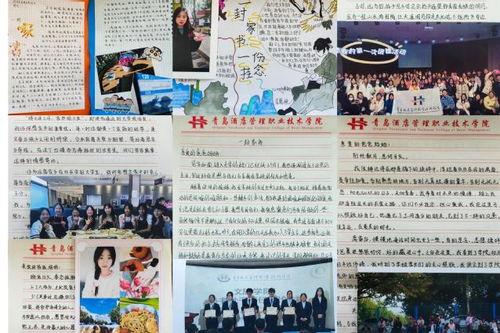Title: Understanding Intergenerational Parenting and Early Childhood Education
In today's fastpaced world, the concept of intergenerational parenting and early childhood education has garnered significant attention. "Intergenerational parenting" refers to the practice where grandparents play a pivotal role in raising their grandchildren alongside or in place of the parents. On the other hand, "early childhood education" encompasses the educational activities and experiences provided to children from birth to around eight years old. Let's delve into the significance, benefits, and best practices associated with these aspects.
Understanding Intergenerational Parenting:
1.
Cultural Significance:
Intergenerational parenting has deep cultural roots in many societies. In countries like China, it's often considered a traditional practice where grandparents actively participate in childcare responsibilities.
2.
Social Dynamics:
Factors such as dualincome households, single parenthood, or the pursuit of higher education by parents contribute to the rise of intergenerational parenting. Grandparents step in to provide crucial support and care.
3.
Benefits:
Emotional Support: Children benefit from the love, wisdom, and emotional support that grandparents provide.
Continuity of Values: Grandparents often transmit cultural values, traditions, and family history, fostering a sense of identity and belonging in children.
Stress Reduction: Intergenerational parenting can alleviate the stress on parents, enabling them to balance work and family life more effectively.
4.
Challenges:
Generation Gap: Differences in parenting styles, values, and beliefs between generations may lead to conflicts or misunderstandings.
Health Concerns: Aging grandparents may face physical limitations, impacting their ability to provide active childcare.

Role Clarity: Clear communication and boundaries are essential to avoid ambiguity regarding roles and responsibilities within the family unit.
Early Childhood Education (ECE):
1.
Importance:
Critical Development Stage: The early years of a child's life lay the foundation for future learning, behavior, and health outcomes.
Brain Development: ECE programs stimulate cognitive, social, emotional, and physical development, shaping a child's overall wellbeing.
Equity and Access: Highquality ECE promotes equity by providing all children, regardless of background, with equal opportunities to thrive.
2.
Types of Programs:
Preschools: Structured educational settings for children aged three to five, focusing on school readiness skills and socialization.
Early Intervention Services: Targeted support for children with developmental delays or disabilities to address challenges early on.
HomeBased Care: Family childcare providers or nannies offer personalized care and learning experiences in a home environment.
3.
Best Practices:
PlayBased Learning: Incorporating playbased activities fosters creativity, problemsolving skills, and social interaction among children.
Individualized Instruction: Recognizing each child's unique strengths and needs ensures tailored support for optimal development.
Parental Involvement: Collaborating with parents as partners in their child's education strengthens familyschool connections and reinforces learning beyond the classroom.
4.
Professional Development:
Continuous Training: Early childhood educators benefit from ongoing professional development to stay abreast of the latest research, teaching methodologies, and best practices.
Qualifications and Standards: Accreditation bodies set standards for ECE programs, ensuring that educators meet minimum qualifications and adhere to quality benchmarks.
Guiding Principles for Families:
1.
Open Communication:
Foster open dialogue among family members to discuss expectations, concerns, and preferences regarding intergenerational parenting arrangements.
Respectful Exchange: Embrace diverse perspectives and approaches to caregiving, valuing the contributions of each generation.
2.
Balanced Approach:
Strive for a balance between traditional caregiving practices and modern childcare principles, drawing on the strengths of both approaches.
Flexibility: Remain adaptable to evolving family dynamics and individual needs, adjusting caregiving roles and responsibilities as necessary.
3.
Investment in Education:
Prioritize early childhood education as a fundamental investment in children's future success, advocating for access to highquality ECE programs for all children.
In conclusion, intergenerational parenting and early childhood education are intertwined elements shaping the wellbeing and development of young children. By embracing cultural traditions, leveraging educational opportunities, and fostering collaborative family relationships, caregivers can create nurturing environments where children thrive.
References:
Hart, C. H., Newell, L. D., & Olsen, J. A. (2003). Parenting skills and socialcommunicative competence in childhood. Westport, CT: Ablex Publishing.
Pianta, R. C., & Cox, M. J. (2002). The transition to kindergarten. Baltimore: Paul H. Brookes Publishing Co.











